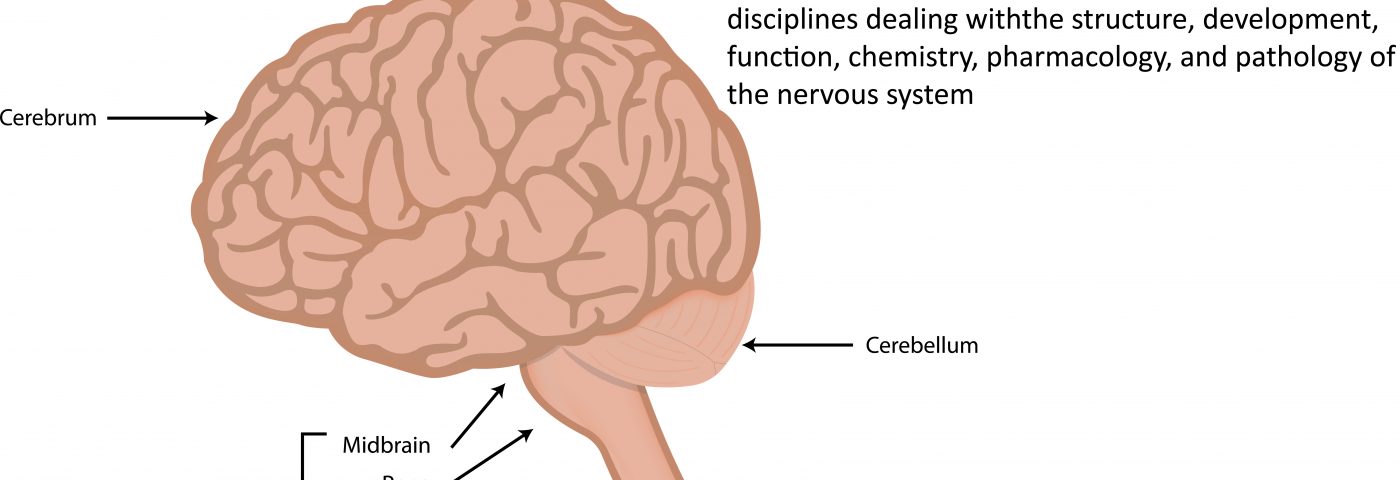Researchers have found that a mutation of the ryanodine receptor-2 (RyR2) gene can trigger blackouts in the brain stem, the part of the brain that controls heartbeat and breathing. This may contribute to an increased risk of cardiac arrest and the condition known as sudden unexpected death in epilepsy (SUDEP).
SUDEP is the most common cause of early death in people with epilepsy. A subset of patients seems to have an increased risk of being affected. In the study “Leaky RyR2 channels unleash a brainstem spreading depolarization mechanism of sudden cardiac death,” published in Proceedings of the National Academy of Sciences, researchers investigated the RyR2 gene and the results might explain what appears to be a collapse of the cardiac and respiratory system after a seizure.
“RyR2 is a mutation — we call it ‘leaky’ RyR2 — that increases the normal amount of calcium inside the cell, which triggers the release of an increased amount of neurotransmitters. And that increased release of neurotransmitters somehow makes it much easier to trigger a blackout,” Jeffrey L. Noebels, professor of neurology, neuroscience, and molecular and human genetics, and director of the Blue Bird Circle Developmental Neurogenetics Laboratory at Baylor College of Medicine, said in a press release.
The scientists used different techniques to measure the activity of the brain and heart of RyR2 mutant mice. In the mutant mice, rare episodes of slow heartbeat, spontaneous seizures, and sudden death were observed. However, when a seizure was provoked in the same mice, they experienced sudden cardiac death. The researchers also observed that these mice carried an increased risk of a phenomenon called spreading depolarization (SD), which was manifested as a temporary electrical blackout in the brain stem.
The brain stem is a previously unrecognized target for the RyR2. The induced blackout seen after a seizure associated with cardiac arrest may additionally contribute to early death observed in SUDEP victims.
For Noebels, the discovery of how the RyR2 may increase the risk of SUDEP is an important step forward. He hopes that in the future neurologists can sit down with patients and their family and have the possibility of offering an accurate prediction of the risks of SUDEP, as well as proposing effective interventions.


